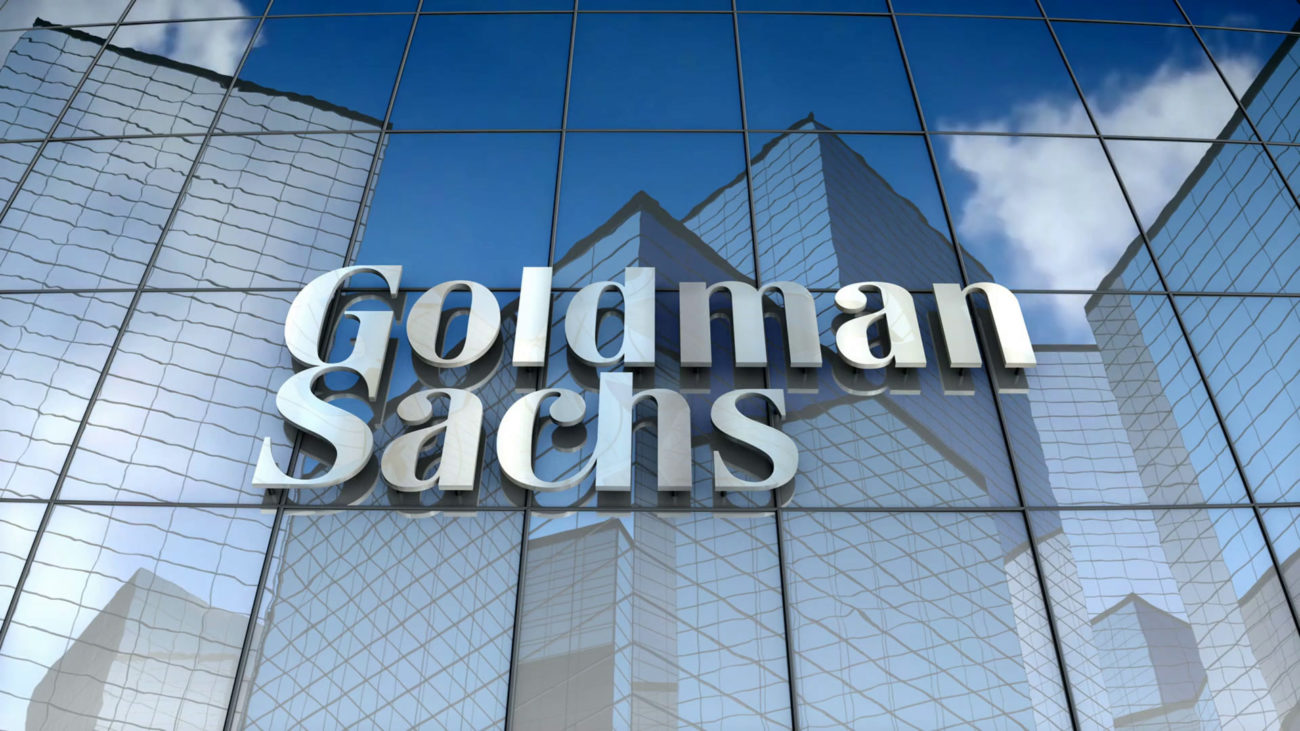Goldman Sachs Bets Big on Crypto with New Blockchain Spin-Off
19.11.2024 8:00 2 min. read Kosta Gushterov
Goldman Sachs is preparing to spin off its cryptocurrency platform into a separate entity focused on blockchain-based financial products, Bloomberg reported.
This move will expand the platform’s offerings, with the bank exploring partnerships with firms like Tradeweb Markets to broaden its reach. The spinout is expected to be completed in 12 to 18 months, pending regulatory approvals.
Mathew McDermott, head of Goldman Sachs’ Digital Assets division, stated that the spinout is designed to benefit the broader market by keeping the platform industry-owned. This initiative is part of the bank’s broader plan to enhance its crypto offerings, including launching tokenization products for U.S. and European debt markets.
These products will target financial institutions and rely on permissioned blockchains to ensure security and faster execution, with the ability to use various assets as collateral.
Goldman Sachs’ increased focus on tokenized assets is driven by growing demand for low-risk digital products. The firm has been one of the largest buyers of Bitcoin ETFs and is now expanding into tokenized U.S. Treasury debt, which has already accumulated over $2.4 billion in value. The bank’s push into tokenized real-world assets is aimed at institutional investors, with a focus on security and efficiency.
The bank’s strategic move aligns with the growing trend of financial institutions exploring the digitization of traditional assets. By focusing on blockchain technology, Goldman Sachs is positioning itself to lead in a rapidly developing market, anticipating wider adoption of digital assets in the future.
-
1
What Brian Armstrong’s New Stats Reveal About Institutional Crypto Growth
29.06.2025 15:00 2 min. read -
2
Federal Reserve Chair Jerome Powell Reportedly Weighing Resignation
12.07.2025 21:00 2 min. read -
3
Vitalik Buterin Warns Digital ID Projects Could End Pseudonymity
29.06.2025 9:00 2 min. read -
4
Donald Trump Signs “One Big Beautiful Bill”: How It Can Reshape the Crypto Market
05.07.2025 9:56 2 min. read -
5
Toncoin Launches UAE Golden Visa Program Through $100,000 Staking Offer
06.07.2025 12:04 2 min. read
Stablecoins Now Used in Credit Cards, Putting Bank Deposits at Risk
Stablecoins are no longer just a crypto-native tool—they’re reshaping financial access, payments, and even central banking dynamics.
BitGo Files Confidentially for IPO With SEC
BitGo Holdings, Inc. has taken a key step toward becoming a publicly traded company by confidentially submitting a draft registration statement on Form S-1 to the U.S. Securities and Exchange Commission (SEC).
Crypto Greed Index Stays Elevated for 9 Days — What it Signals Next?
The crypto market continues to flash bullish signals, with the CMC Fear & Greed Index holding at 67 despite a minor pullback from yesterday.
U.S. Public Pension Giant Boosts Palantir and Strategy Holdings in Q2
According to a report by Barron’s, the Ohio Public Employees Retirement System (OPERS) made notable adjustments to its portfolio in Q2 2025, significantly increasing exposure to Palantir and Strategy while cutting back on Lyft.
-
1
What Brian Armstrong’s New Stats Reveal About Institutional Crypto Growth
29.06.2025 15:00 2 min. read -
2
Federal Reserve Chair Jerome Powell Reportedly Weighing Resignation
12.07.2025 21:00 2 min. read -
3
Vitalik Buterin Warns Digital ID Projects Could End Pseudonymity
29.06.2025 9:00 2 min. read -
4
Donald Trump Signs “One Big Beautiful Bill”: How It Can Reshape the Crypto Market
05.07.2025 9:56 2 min. read -
5
Toncoin Launches UAE Golden Visa Program Through $100,000 Staking Offer
06.07.2025 12:04 2 min. read


